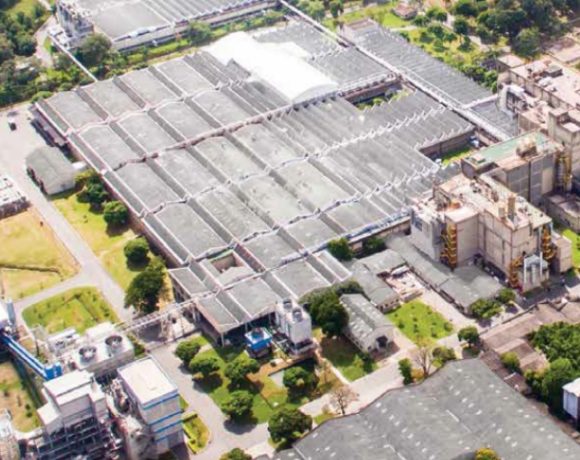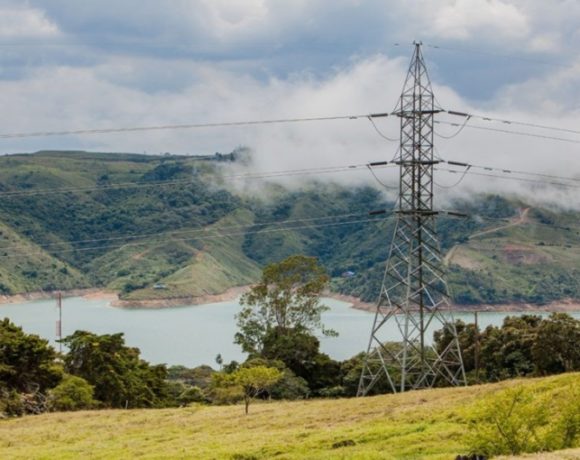ISA 1Q 2022 Net Income Falls 15% Year-on-Year

Medellin-based multinational electric-power-transmission builder-operator, highways concessionaire and telecom services provider ISA announced May 4 that its first quarter (1Q) 2022 net income fell 15% year-on-year, to COP$431 billion (US$105 million).
The company blamed the profit decline “mainly due to higher financial expenses caused by higher inflation levels, mainly in Chile and Brazil,” according to ISA.
Despite the profits dip, earnings before interest, taxes, depreciation and amortization (EBITDA) actually rose by 16.7%, to COP$2 trillion (US$488 million), exceeding its budgeted 1Q 2022 EBITDA target by 20.7%, according to the company.
Operating revenues rose 17% year-on-year, to COP2.8 trillion (US$684 million), “mainly due to the positive impact of macroeconomic variables in Brazil and Colombia, and the entry into operation of transmission projects since 1Q 2021,” according to ISA.
During the latest quarter, corporate assets rose 3.7% year-on-year, to COP$64 trillion (US$15.6 billion). Investments hit COP$789 billion (US$193 million), while consolidated financial debt totaled COP$27.8 trillion (US$6.8 billion), 1% lower than in 1Q 2021.
By business unit, the electric power transmission group saw revenues rise 23% year-on-year, thanks to entry-into-operation of transmission lines in Peru and Brazil.
The road concessions unit saw revenues rise 5.4%, “mainly due to higher returns on financial assets and higher revenues from the operation and maintenance of concessions and toll management in Chile,” according to ISA.
The telecommunications unit saw a 9% hike in revenues “mainly due to higher sales of connectivity services, sales of capacities and other telecommunications services in Colombia and Peru, and the growth of the ‘Over-the-Top-Operators’ segment in Colombia,” according to ISA.
Corporate-wide net financial expenses rose 67% year-on-on-year, because of higher interest expenses, a higher debt load to finance growth, and a temporarily-unfavorable Colombian-peso exchange rate in Chile, which included dollar-denominated investments in Chilean energy projects, according to the company.
















